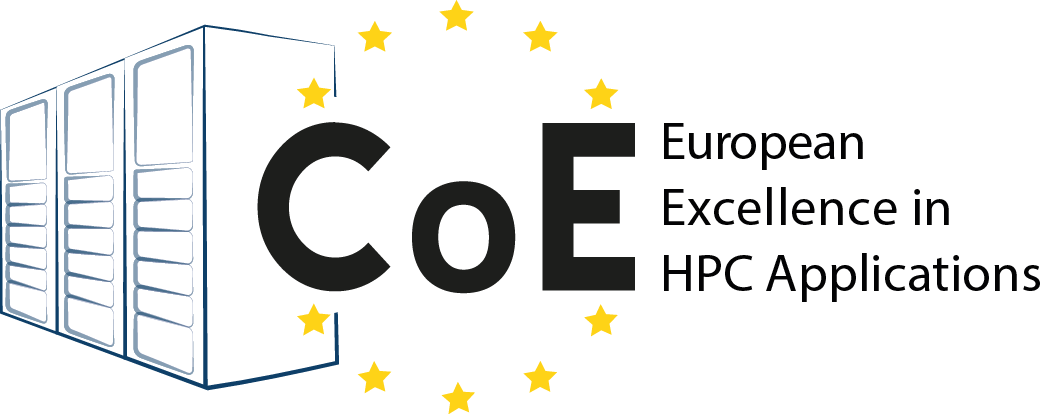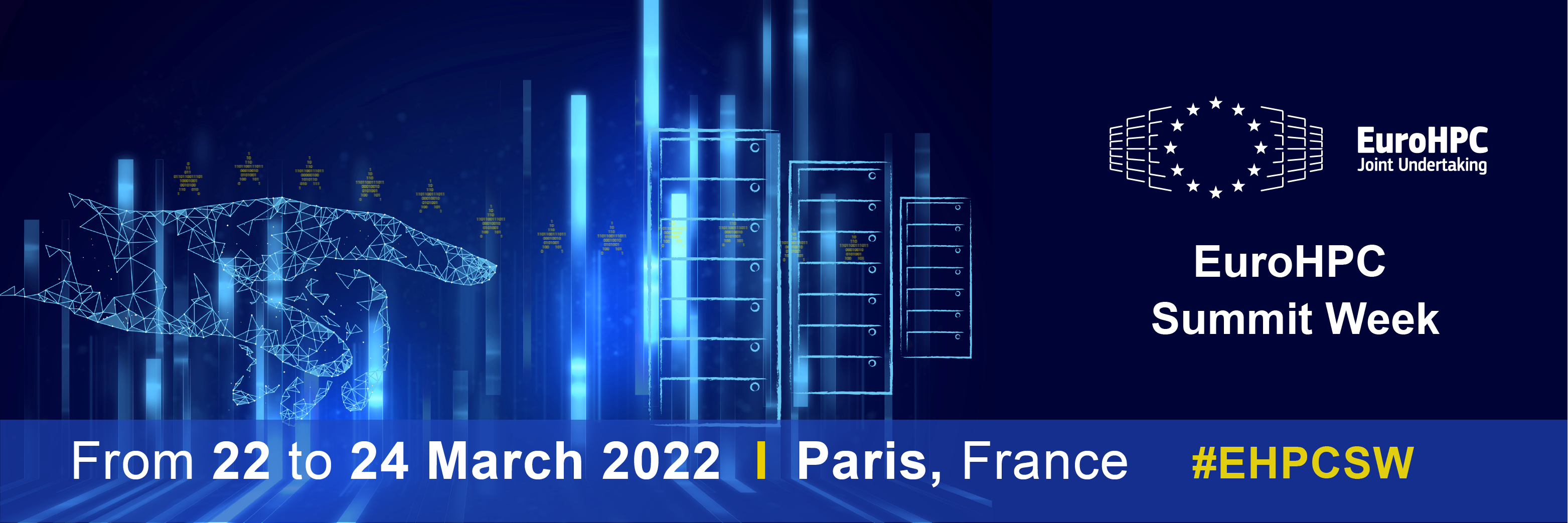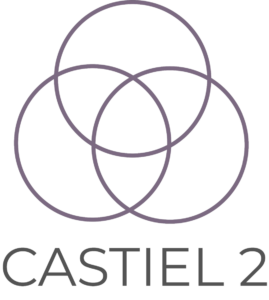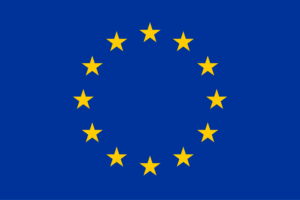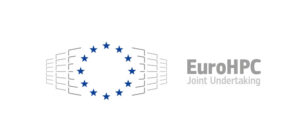The European meeting for Experts in Digital technologies
Simulation . HPC/HPDA . Artificial Intelligence . Quantum Computing
The Workshop and Conference programs will be announced on April 1st, 2022.
ISC High Performance is focused on bringing the most critical developments and trends in HPC, machine learning, and high performance data analytics to conference attendees. Be it the conference program or the exhibition, the emphasis is on how to successfully apply these technologies in science, engineering and commerce.
The HPC landscape is changing to the demands of industry and science. As an event, ISC High Performance acknowledges and caters this change by bringing together HPC practitioners, users, and vendors to engage in discussions on technologies that didn’t seem possible a short time ago.
As a community we are TRANSFORMING THE FUTURE!
Two CoEs PerMedCoE as well as CompBioMed will participate in Expert Panel. Mariano Vazquez from the Barcelona Supercomputing Center (BSC) will participate in the expert panel titled “Biomedical platforms” on Wednesday, 17 November 2021 from 13-14h CEST as part of the MEDICAL Health IT Forum, that will be held in Düsseldorf (Germany) from 15-18 November 2021. The panel has numerous IT medical experts and is moderated by Prof. Dr. Christoph Brochhausen-Delius, University of Regensburg, Faculty of Medicine, Institute for Pathology. See the full panel experts here:
- Alexander van der Mey, CEO, Healex GmbH
- Pierre Cholet, Head of Business Development – Europe, Decentriq
- Dr. Philipp Mann, Senior Alliance Manager, Owkin
- Mariano Vazquez, Research Group Leader, Barcelona Supercomputing Center BSC-CNS (virtual speaker)
- Georges de Feu, CEO, LynxCare
It is becoming increasingly apparent that the future, decarbonized energy ecosystem will rely heavily on extreme computing and data technologies to drive essential innovations in production and storage technologies, mitigate power source variability and manage its distribution via a complex hierarchy of macro- and micro-networks. The drive towards Exascale computing over the next 5-10 years will enable significant step changes in the predictability and management of renewables as their share of the energy mix increases towards 100%.
EoCoE, MaX, HiDALGO, HVL, and FocusCoE are collaborating to deliver this talk at the Networking Village at EUSEW, on 26 October from 10:30 to 11:00 CEST. This talk aims to attract both senior academics and industrial stakeholders in the energy sector. It addresses topics such as planning for energy production from renewable sources, materials design for energy applications and technologies for solving complex systems. There is a large untapped potential in the use of HPC and Big Data as well as valuable expertise in this field in Europe. This potential remains unexploited by stakeholders partly because of lack of awareness on the technological benefits and partly because of lack of access to suitable expertise and skills. This talk sheds light to the current state of technology advancements and possibilities for HPC infrastructure access.
